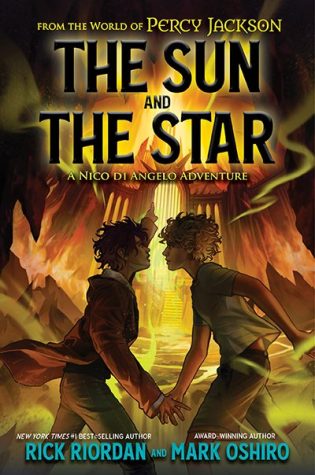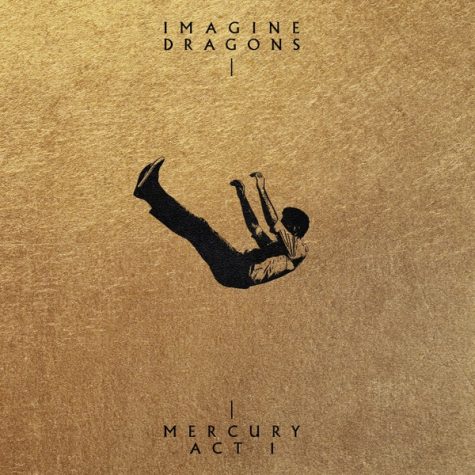Joker: A Masterful Reimagining

With the Marvel Cinematic Universe having taken the 2019 spotlight for superhero films and some of the recent DC movies having fallen flat, it could be easy to overlook Joker as another bland comic book movie. Do not underestimate this movie, however, because it might just be the trailblazer that forges a whole new, much needed, era of the comic book genre of films that we cannot get enough of. Thanks to its breathtaking cinematography and incredible talent, both behind and in front of the camera, Joker, directed by Todd Phillips, captivates audiences with an ingenious reimagining of a classic character.
Arthur Fleck, an impoverished resident of Gotham City, lives as a low-class member of society making a modest living as a clown. To make matters worse, he has been a long-time sufferer of several mental illnesses, most notably a condition that causes Arthur to have spurts of uncontrollable, and often inappropriate, laughter. Arthur lives with his mother who also has deep-seated mental health issues of her own. Victim to several hate crimes in response to both his job and his mental illnesses, Arthur finally snaps and unintentionally lights a blaze of riots that quickly spreads throughout the city. Despite his dreams of becoming a comedian, he ends up in the public eye for a completely different, and much more chaotic, reason.
The Joker is a character notorious for taking an extreme toll on the actor’s mind and body. In the case of Joker, Joaquin Phoenix morphed into a completely emaciated version of himself to bring his character to life. With this change, Phoenix pushed his performance beyond Arthur’s emotional behaviors and into his physical appearance. Although this transformation is impressive, his true talent was reflected in how he portrayed a completely unique incarnation of a very beloved character. He was tasked with bringing to life a character that was supposed to be both mentally ill and comprehensive, murderous and sympathetic, and he maintained a perfect balance. Phoenix left us aghast at Arthur’s actions, but somehow we continued to root for him. Through mental and physical preparation, charisma, and raw talent, Phoenix brought to life one of the best Jokers I have ever seen on screen.
Beyond the incredible performances on camera, Joker exhibited an impressive array of skills that took place off screen that brought the story to life. One of my favorite characteristics of film is the sheer number of tools that a filmmaker has at their disposal when making an immersive experience for the viewer. Joker did an impeccable job of utilizing these unique aspects of filmmaking to allow the viewer to enter the disturbed mind of Arthur Fleck. Case in point, Arthur’s mental stability was often directly reflected in the lighting and control of the camera in a given shot. These ranged from bright lights and a steady camera to practically strobing lights and a trembling frame. The light, sound, and color design of the movie also juxtaposes the violent street riots with the desolate Arkham Asylum. It is rare to see a film that truly brings its story to the screen in such a breathtaking manner. Both force and finesse come together to create a world that was simultaneously effortless and jarring to watch.
All technical aspects aside, I truly cannot imagine a better way for this story to have been told. Not only does Joker depict a character that we already know and love but it does it in a way that keeps even the most knowledgeable comic-book junkies on the edge of their seats. A perfect blend of fantasy and reality draws the viewer in and causes them to question what is really happening and what is just a delusion. It is a great feat to successfully portray a supervillain as an antihero without changing their actions, but Joker managed to do it by simply switching the perspective. This film also has some very relevant themes throughout the plot. It covered current issues ranging from the divide among social classes to the lack of funding for mental health services. This story was told in a way that was sensitive to the groups that it represents and it even kept the confusing medical side of Arthur’s illness in layman’s terms for the viewers who may not be as well versed in psychology as some.
There is an argument to be made that, by representing a mentally ill man as a maniacal serial killer, Joker is generalizing all people with a mental illness as dangerous. To the viewers who believe this to be true, please take the story with a grain of salt. The Joker is a well known character that has been around since the early forties. He has always been insane, and he has always been a murderer. The Joker is obviously an extreme case, and he is not meant to be a representative of mental illness in general. Not all mentally ill people are killers, just as not all billionaires become cape-wearing vigilantes.
The brilliant movie Joker is still fairly new in theaters, and yet it has already left its impression on the world, earning $96 million over opening weekend. From masterful acting to overall execution, this movie has everything that makes films addictive. A psychological thriller like this is extremely difficult to get right to the degree that is exhibited in Joker. Although it is not for the faint of heart, I assure anyone that is even remotely interested in seeing this movie that it is one hundred percent worth it. Even if you are not a Batman fan, this is a story that truly anyone with respect for filmmaking and storytelling can appreciate and will likely love.





